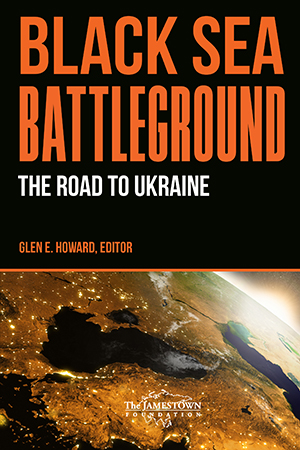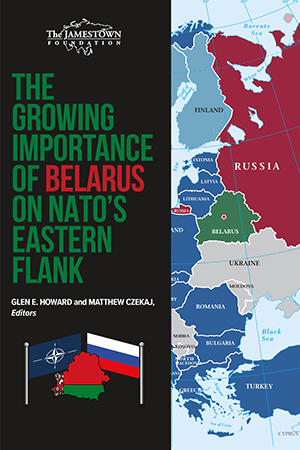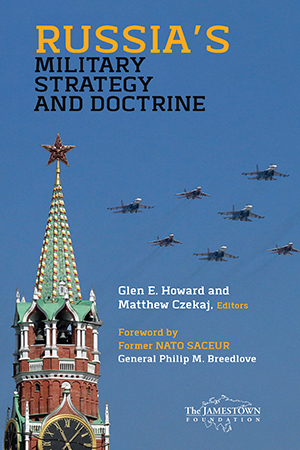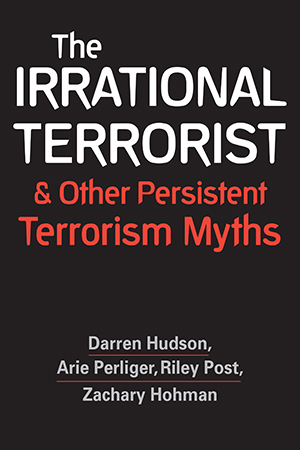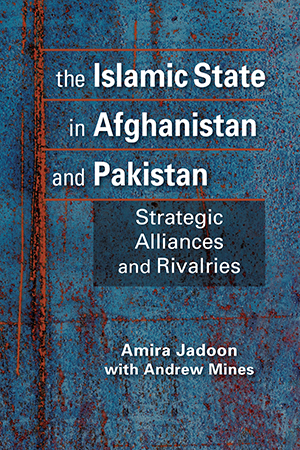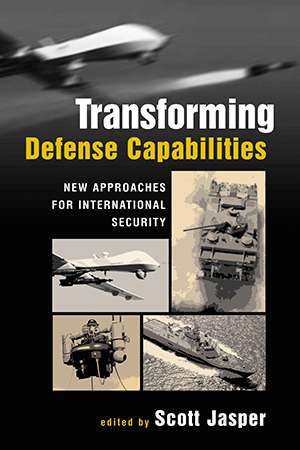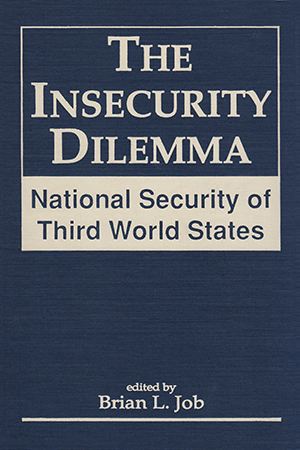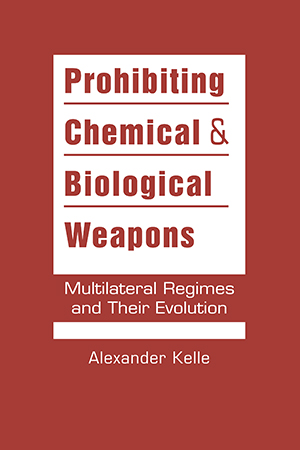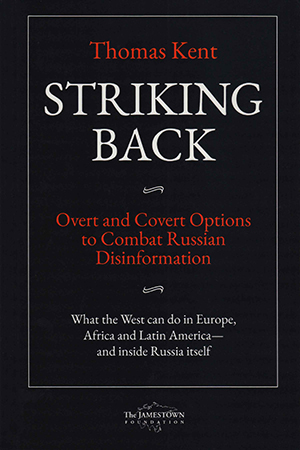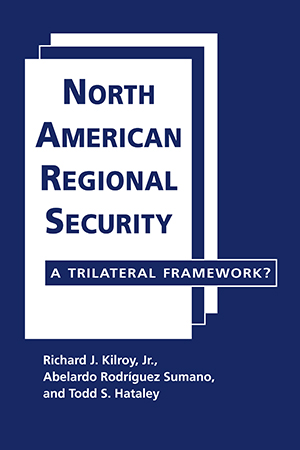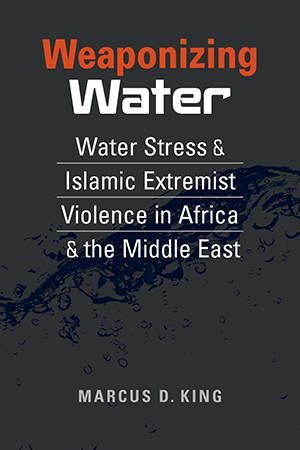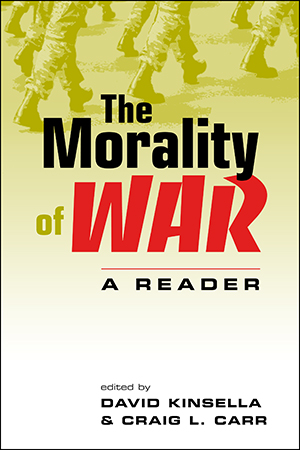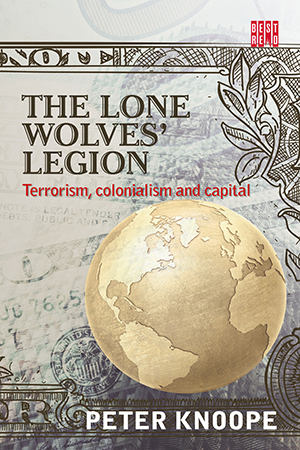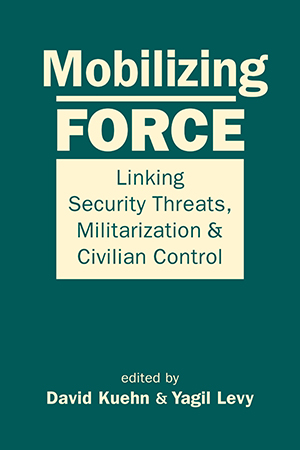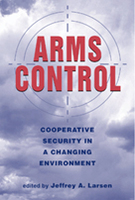Security and Intelligence Studies
Black Sea Battleground identifies and analyzes the key elements of a comprehensive US strategy for dealing with the cauldron of geopolitical and military competition in the Black Sea region. More >
The widely misunderstood country of Belarus, squeezed both literally and geopolitically between Russia and the West, was typically overlooked by post–Cold War military More >
How does Russia fight wars? How are its experiences with modern conflicts shaping the evolution of its military strategy, capabilities, and doctrine? Addressing these questions, the More >
Opinion surveys show that what the public assumes it knows about terrorism is at best a badly distorted view. Recalling the "Flat Earth" phenomenon, early misconceptions have More >
The deadly attack on Kabul's airport in August 2021 shocked the world and brought concentrated attention to the Islamic State Khorasan Province (ISK). New questions quickly arose: How More >
In the face of today's security challenges, there is widespread recognition of the need to think and act in new ways to ensure both national and collective security interests. More >
Positing an "insecurity dilemma," in which national security, defined as regime security by state authorities, becomes pitted against the incompatible demands of ethnic, social, More >
Whether in the arsenals of states or of terrorist groups, chemical and biological weapons (CBW) are increasingly seen as one of the major threats to global security. Alexander Kelle provides More >
Energizing the debate on how best to expose and deal with Russian propaganda and disinformation, Thomas Kent goes beyond suggesting simple defensive measures. Kent not only calls for more More >
Has the emergence of new transnational threats—terrorism, drug cartels, natural disasters—affected the dynamics of security relations among Canada, Mexico, and the United States? More >
Drought, lack of access, poor quality … water supplies are in jeopardy across Africa and the Middle East. These same areas are rife with conflicts involving Islamic extremist groups. More >
When and why is war justified? How, morally speaking, should wars be fought? The Morality of War confronts these challenging questions, surveying the fundamental principles and themes of the More >
The threat of terrorism has increased significantly in recent years, in every region, with the number of victims of terrorist attacks also increasing. Are we indeed under siege, as many More >
What leads a democratic government to use military force to counter a domestic or external threat? How does it legitimize this mobilization to its citizenry? And what is the significance for More >
More than a decade after the end of the Cold War, the need to control the spread of arms remains clear, while the usefulness of traditional paradigms is increasingly called into question. More >


